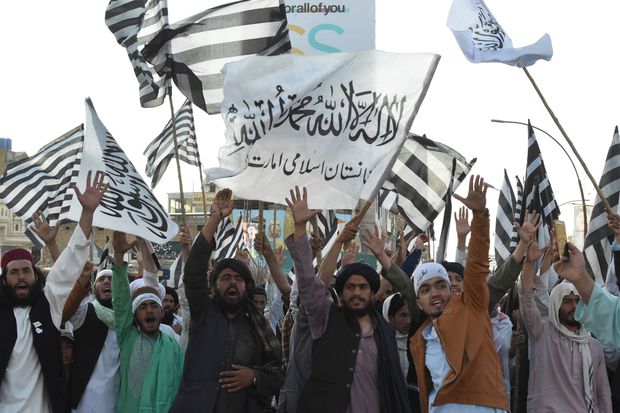On Feb. 29, in a rather understated ceremony in Qatar, Zalmay Khalilzad, U.S. Special Representative, sat next to Mullah Abdul Ghani Baradar, a leader of the Taliban, and signed an agreement to end the conflict between the two parties.
Afghans, the Taliban, and their allies, watched as the two representatives, both of Afghan origin, but starkly contrasting personalities, inked the document finalizing the beginning of the end of America’s longest war, with the withdrawal of foreign troops in the coming months, amid loud cheers from other Taliban members in the room. Shortly after, the Taliban official media channels declare their victory through the agreement they called Termination of Occupation Agreement with the United States.
For the war-weary Afghans, this is an opportunity to find relief from the violence that has consistently plagued their country for the last four decades, starting with the Soviet invasion in 1979, followed by the civil war, then the Taliban regime which was toppled by US forces in 2001, igniting an insurgency that continues to claim thousands of civilian casualties every year. However, as Afghans joined in the celebrations, since any hope is better than none, they remain cautiously optimistic about whether this deal will translate to actual tangible peace for the population. This historical document that affects the future of the Afghans deeply is missing one crucial element, the voice of the Afghan people themselves.
The agreement, which is wrongly being referred to as a peace deal, was created after nearly 18 months of deliberations between the two groups, with almost no representation and very little consult of the Afghan government. As such, many important issues that concern the Afghans, especially women, minorities and other marginalized groups, have not been included.
Afghan civil society, activists and individuals who have lived through the persecution of Taliban during their regime, have collectively raised concerns during the months of negotiations as well as during and after the officiation of the deal. For one, the deal does not impose any obligations on the Taliban to protect the rights of women and minorities as well as the free media, which they have repeatedly persecuted and targeted over the years. The deal also does not actually require the Taliban to observe a ceasefire, just that it should be discussed during intra-Afghan talks. Considering the mounting civilian casualties, more than 10,000 in 2019 according to the UN, lack of ceasefire does not inspire confidence between negotiating parties.
Read full piece on Globe and Mail
